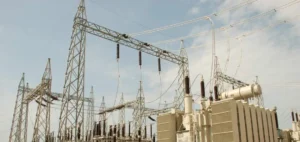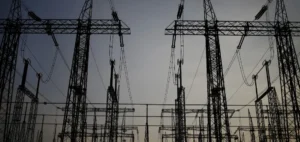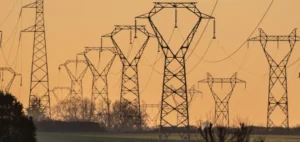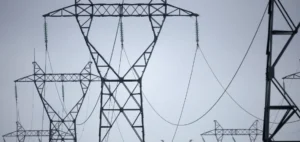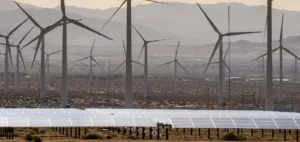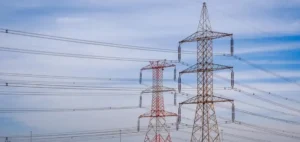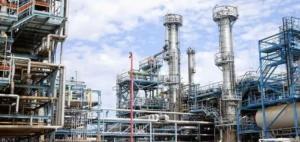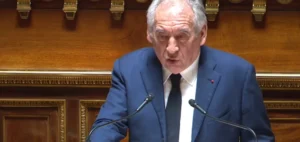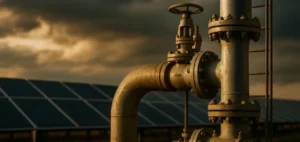Gas storage is being discussed at the European Union Commission in anticipation of 2023.
November 2023 target
The Commission defines gas storage filling targets. It aims to reach 90% gas storage by November 1, 2023. In this way, Brussels hopes to be in line with the trajectories set out in the gas storage regulation adopted in June 2022.
The current implementing regulation defines interim targets for February 1, May, July and September 2023. The Commission’s trajectories are based on the proposals of the Member States in their gas storage plans. In addition, the fill rates of the previous 5 years are also taken into account.
In addition, the European Commission assesses the overall security of supply situation. In addition, the draft costings were also evaluated by the Gas Coordination Group. He acts as an advisor to the Commission.
Therefore, subject to a 5% margin, these binding targets are the minimum thresholds to be met. The objective is to ensure a certain level of security of supply and the filling of storage facilities for the winter of 2023-2024. Thus, if the filling of the gas storage does not meet the minimum thresholds, the Commission can take action.
Securing supply
Energy Commissioner Kadri Simson states:
“It is essential that we already start preparing for next year’s winter. We need to minimize the impact of Russian manipulation and possible increases in demand due to weather or global market conditions. Setting a path for 2023 now provides much-needed certainty for market participants and helps the EU get through next year’s winter safely.”
The security of gas supply relies on filled underground gas storage facilities. In case of high demand, the country must be able to supply additional gas. Moreover, in a context of Russian military aggression against Ukraine and the Kremlin’s militarization of gas exports, the storage of gas from member states is even more important.
Therefore, Member States, aided by the Gas Storage Regulation, are already recharging their capacities. The objective is to reach a 95% fill rate. These trajectories are designed to keep the countries of the Union focused on the objective of next November.
In the future, Member States should make the best possible use of all coordination tools available at European level. This will facilitate better coordination of filling management. In addition, it will help avoid excessive prices.



